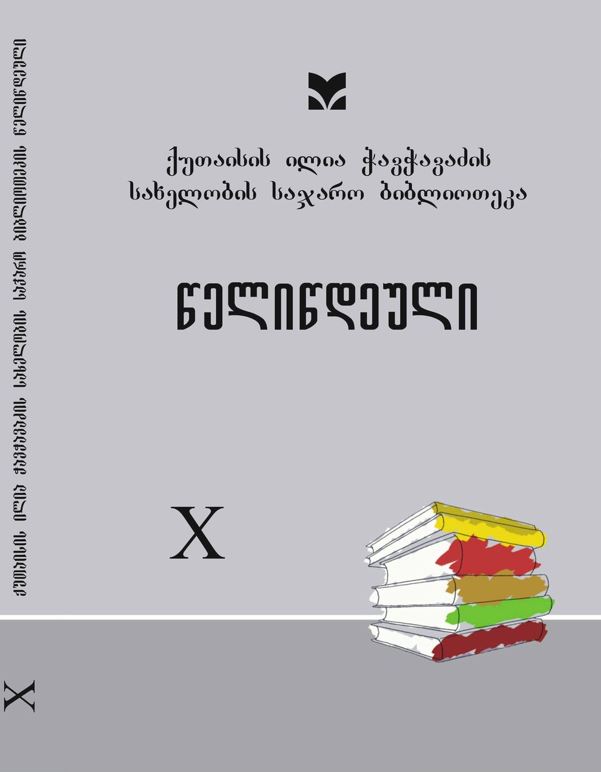Euphemist Phraseology In Kutaisi Speech
(According To The Materials Of Scientific Research Center of Kartvelology)
Abstract
We have analyzed the material presented by the Kartvelian Dialectology Institute in the city of Kutaisi, Euphemisms are often found in curse, scourging and swearing forms.
Part of them is the fruit of the creativity of the individual, part of which is derived from the anecdotes and the other from the Bible:
1.Self-creative ephemeric expressions
A) Curse forms: „It’s up to the flowers in the mall“, „To decorate a sitting room”, Used as a curse form and means a desire to die.
B) Euphemistic expressions of swearing forms are often used in Kutaisi’s speech: “You have nothing in the attic“ that you have nothing in your mind, means you are illiterate and unknowable. “You will throw one basket of eggs“ , you are nothing. “Ñalm down”, otherwise you will have to bend the eyebrows- Threatening. “The eyebrows were exposed“ - he gave a place, taught cheeks. The same meaning occurs in words: “Shaving of the mustache”, “straightening the tie”. In the sense of swearing forms are found: “I’m fine with my mother’s mother“.
2.Forms derived from the jokes in the sense of cursing. “You have never eaten Romi”-You are unaware, unaware.
3. We are cursed by the words of Kutaisi, and euphemistic forms of the importance of the cube. Their first source is the Bible and the Gospel. “Give you a rule“ –threatening. “Happy blessings“ –swearing. “Mother’s salvation“ –a blessing, If they are avoided, let’s express their gratitude, they say: “Do not bury your pearls“ -Solomon Wise.
“A stupid man” –“ Father Abram’s lamb“ - False, silent people...
It is possible to be the fruit of atheist years using the euphemistic form of the above-mentioned expressions from the Bible and the ecclesiastical verse. They have lost their religious and ironic form as a semantically empty phrase.
Finally, it is said that humorous irony is generally characteristic for Kutaisi’s speech which makes it a bit charming.




